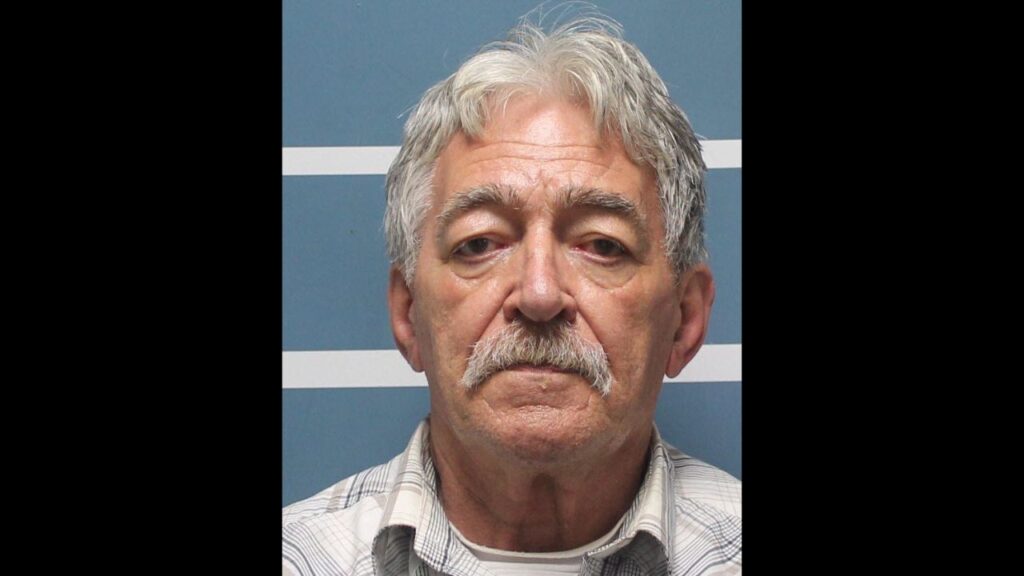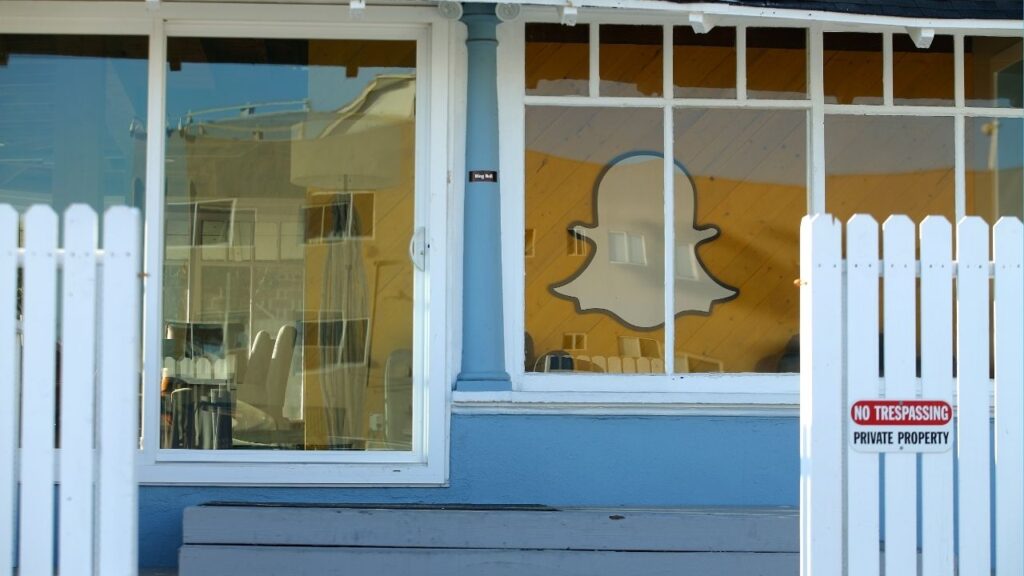Share
The city of Fresno has begun providing legal assistance to renters who have been “unlawfully” evicted from their homes, two councilmembers who support the program said Tuesday.
“The Eviction Protection Program promises to be a game changer for Fresno renters who have historically been left behind when it comes to the defense of those rights. I’m confident that this program will help level the playing field going forward, especially as we near a potential wave of evictions as we near the September 30th eviction moratorium deadline,” Councilman Tyler Maxwell said at a Tuesday news conference.
The city’s staff attorneys, or others under contract, will provide taxpayer-funded defense for certain types of evictions.
What is a Win?
Councilmembers Maxwell and Nelson Esparza have not determined a metric to gauge the program’s success for determining if the effort should be funded beyond an initial allocation of $750,000.
Winning in court isn’t a significant factor for Esparza.
“When it comes to the legal system, we’re not looking at a win-loss. We’re looking at it as a mitigation strategy to decreasing or slowing the growth and Fresno’s homeless population,” Esparza said. “So, $750,000 of ERAP (emergency rental) money that we’re having trouble getting out the door anyway? I think it’s a great way to spend this money.”
Maxwell was more blunt.
“If we’re able to keep one person from becoming homeless, this program has been a victory,” Maxwell said.
Both Esparza and Maxwell said it is more cost efficient to spend money to prevent evictions rather than rehouse those who become homeless.
During the recent budget process, the city council voted to divert money from federal stimulus dollars initially designed for emergency rental relief. Only a small number of Fresnans facing rental stress have taken the city up on its program to cover past due rent and utilities payments.
“It’s difficult to project where we’re going to be financially one year out, what the metrics ultimately will reveal about this program,” Esparza said.
The resolution creating the program calls for an evaluation.
“That is really is going to play a key role and whether the program is funded the following fiscal year. But just like any part of our city budget, nothing can be taken for granted at this point, especially being this,” Esparza said.

How Eviction Protection Works
The idea of eviction protection has been floated at City Hall for months. The internal debate was how far the program should extend. For now, it will be those tenants who feel they have been evicted illegally.
“There’s a lot of protections in place for failure to pay rent due to some type of COVID-19 income loss. So whether that be they’ve lost their job, they had to quit their job to care for sick family members, There’s a number of different reasons why COVID-19 could have affected it,” Assistant City Attorney Christina Roberson said.
Other potential unlawful evictions include retaliation for filing a code enforcement complaint, discrimination, or not providing legally required notices.
The only qualification in the city’s eviction protection program is to be a renter within city limits. Neither immigration status or income are considerations.
Renters who feel they have been illegally evicted can apply over the phone (559-621-8400), in person at City Hall (room 3076) or online. The City Attorney’s office will perform an initial screening that could take 30 minutes.
The city will contract with the Emerzian Shankar law firm in Fresno. The city also has the option to award more legal services contracts, if needed.
A Change in Philosophy
The councilmembers acknowledged providing civil legal defense, including for those who are living in the country illegally, is a turn on Fresno council philosophy.
“Eighteen months ago, I’m really not sure a program like this would have gained council support. But this pandemic has turned our economy upside down. And in particular, it has turned Fresno’s housing market upside down,” Esparza said.
Maxwell said homelessness has been a priority for all elected city officials.
“We could have a potential diversion program to keep people housed, to keep an eviction off the record, to make it less likely for them to have trouble getting Section 8 help down the road. That’s going to be huge when it comes to our homeless population. I can tell you that’s a priority for every single council member in this administration as well,” Maxwell said.
RELATED TOPICS:
Categories


















